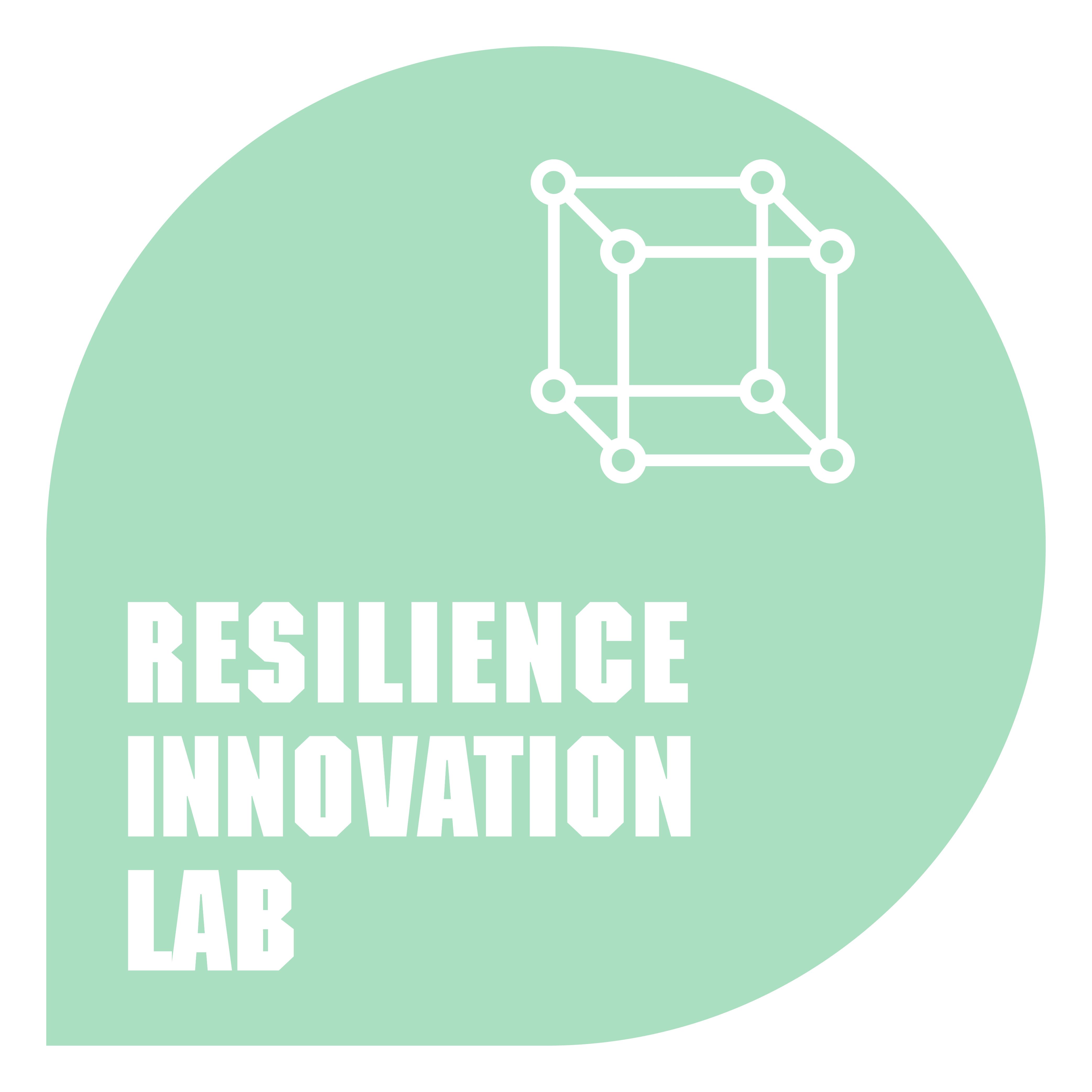Learning Web3, Blockchain and Crypto Wallet
There are numerous books, articles, podcasts and online videos that explain the concepts, features and applications of web3 technology, including Blockchain, crypto wallet, and decentralised autonomous organisations (DAOs). For beginners, we recommend the following books, articles and YouTube videos (either in English or Traditional Chinese).
(A) Books
Check Your Financial Privilege (Alex Gladstein, 2022)
In Check Your Financial Privilege, Alex Gladstein starts with the fact that anyone born into a reserve currency like the euro, yen, or pound has financial privilege over the 89% of the world population born into weaker systems.
On the other hand, human rights activists depend on Bitcoin for donations after crackdowns by authoritarian regimes like Nigeria. In Cuba, after a dual-currency system devalued the peso, those who saved in Bitcoin managed to stay afloat. In El Salvador, where remittance fees and exchange rates can eat away a simple money transfer to family members in need, Bitcoin offers hope with lower fees and faster transactions.
As CSO of the Human Rights Foundation, Gladstein is uniquely positioned to detail the rise of Bitcoin from cypherpunk dream to the real-life Bitcoin stories happening to real people across the globe. For people around the world, outside of Wall Street, Bitcoin offers a means of freedom from inflation, political strife, and an outdated monetary system. For these people, the majority of the world’s population, it might even save their lives. (Summary adapted from Amazon.com)
Order the book here.
You can read a book review here.
Proof of Stake: The Making of Ethereum and the Philosophy of Blockchains (Vitalik Buterin, edited by Nathan Schneider, 2022)
When he was only nineteen years old, in late 2013, Vitalik Buterin published a visionary paper outlining the ideas behind what would become Ethereum. He proposed to take what Bitcoin did for currency—replace government and corporate power with power shared among users—and apply it to everyday apps, organizations, and society as a whole. Now, less than a decade later, Ethereum is the second-most-valuable cryptocurrency and serves as the foundation for the weird new world of NFT artworks, virtual real estate in the metaverse, and decentralized autonomous organizations.
The essays in Proof of Stake have guided Ethereum’s community of radicals and builders. Here for the first time they are collected from across the internet for new readers. Buterin’s writing stands in contrast to the hype that so often accompanies crypto in the public imagination. He presents it instead as a fascinating set of social, economic, and political possibilities, opening a window into a conversation that far more of us could be having. Media scholar Nathan Schneider provides introductions and notes. (Summary adapted from Seven Stories Press).
Order the book here.
Read a book review here.
Read Write Own: Building the Next Era of the Internet (Chris Dixon, 2024)
The internet of today is a far cry from its early promise of a decentralized, democratic network of innovation, connection and freedom. In the past decade, it has fallen almost entirely under the control of a very small group of companies like Apple, Google, and Facebook.
In Read Write Own, tech visionary Chris Dixon argues that the dream of a creative, entrepreneurial internet doesn’t have to die and can, in fact, be saved with blockchain networks. He separates this movement, which aims to provide a solid foundation for everything from social networks to artificial intelligence to virtual worlds, from cryptocurrency speculation – a distinction he calls ‘the computer vs the casino’.
Drawing on a 25-year career in the software industry, Dixon lucidly shows how the history of the internet has been defined by three distinct eras that have brought us to the critical moment we’re in today. The first was the ‘read’ era, in which early networks democratized information. The second was the ‘read-write’ era, in which corporate networks democratized publishing. We are now in the midst of the ‘read-write-own’ era, sometimes called web3, in which blockchain networks are granting power and economic benefits to communities of users, not just corporations.
Read Write Own is a must-read for anyone – internet users, business leaders, creators, entrepreneurs – who wants to understand where we’ve been and where we’re going. It provides a vision for a better internet and a playbook to navigate and build the future. (Summary from Cornerstone Press)
Order the book here.
Read a book review here.
(B) Articles
“WTF is the blockchain?“ (Mohit Mamoria, in Medium, 30 June 2017)
“Unless you’re hiding under the rock, I am sure you’d have heard of Bitcoins and Blockchain. After all, they are the trending and media’s favorite topics these days — the buzzwords of the year. Even the people who’ve never mined a cryptocurrency or understand how it works, are talking about it. I have more non-technical friends than technical ones. They have been bugging me for weeks to explain this new buzzword to them. I guess there are thousands out there who feel the same. And when that happens, there comes a time to write something to which everyone can point the other lost souls to — that’s the purpose of this post — written in plain english that any regular internet user understands.”
Read the full article here.
“What is blockchain?“ (Adam Carpenter, in Codecademy, 20 September 2021)
“If you’re just beginning to learn about blockchain technology, it can seem intimidatingly complicated — especially with buzzwords like “decentralized,” “mining,” “token,” “cryptocurrency,” and “smart contracts.” But don’t let these words and concepts scare you off, because the basics of blockchain technology are pretty straightforward.”
Read the full article here.
“Arweave is censorship resistant“ (Muhammad Ahmed, in Akord, 24 January 2024)
“The internet has become the primary medium through which information is disseminated, ideas are exchanged, and cultures converge. However, the shadow of censorship looms large, with numerous entities trying to stifle free expression. Arweave presents a glimmer of hope in this context, offering a sanctuary where silenced voices can be heard once again.“
Read the full article here.

Comments are closed